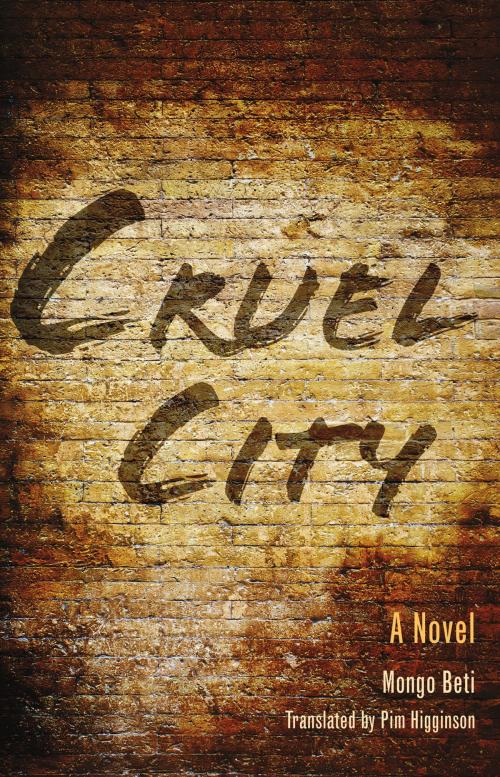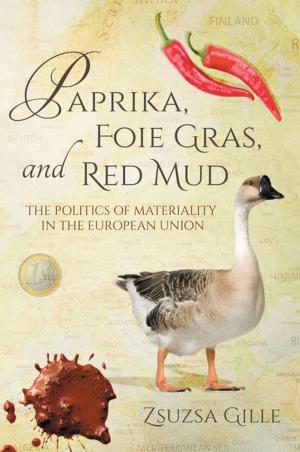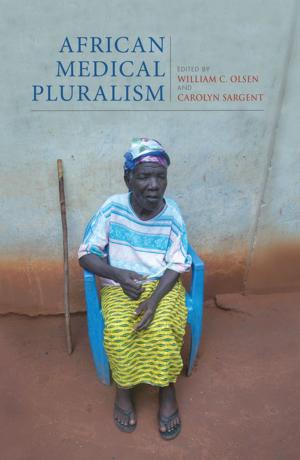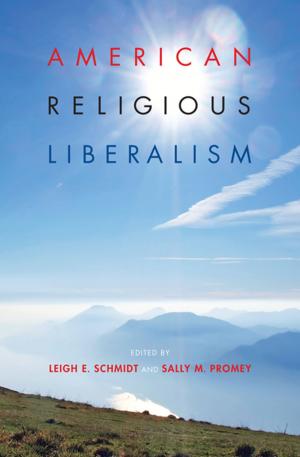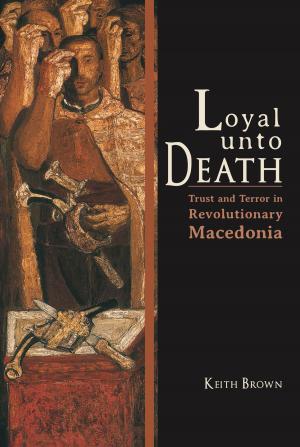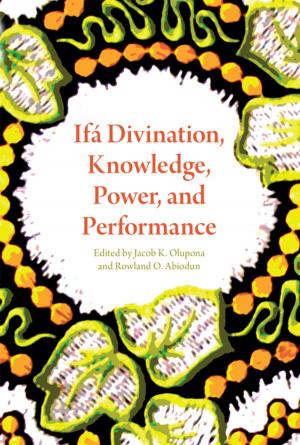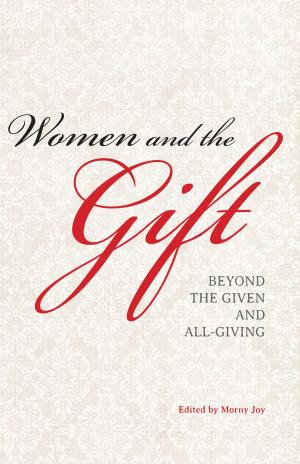| Author: | Mongo Beti | ISBN: | 9780253008305 |
| Publisher: | Indiana University Press | Publication: | February 22, 2013 |
| Imprint: | Indiana University Press | Language: | English |
| Author: | Mongo Beti |
| ISBN: | 9780253008305 |
| Publisher: | Indiana University Press |
| Publication: | February 22, 2013 |
| Imprint: | Indiana University Press |
| Language: | English |
Under the pseudonym Eza Boto, Mongo Beti wrote Ville cruelle (Cruel City) in 1954 before he came to the world's attention with the publication of Le pauvre Christ de Bomba (The Poor Christ of Bomba). Cruel City tells the story of a young man's attempt to cope with capitalism and the rapid urbanization of his country. Banda, the protagonist, sets off to sell the year's cocoa harvest to earn the bride price for the woman he has chosen to wed. Due to a series of misfortunes, Banda loses both his crop and his bride to be. Making his way to the city, Banda is witness to a changing Africa, and as his journey progresses, the novel mirrors these changes in its style and language. Published here with the author's essay "Romancing Africa," the novel signifies a pivotal moment in African literature, a deliberate challenge to colonialism, and a new kind of African writing.
Under the pseudonym Eza Boto, Mongo Beti wrote Ville cruelle (Cruel City) in 1954 before he came to the world's attention with the publication of Le pauvre Christ de Bomba (The Poor Christ of Bomba). Cruel City tells the story of a young man's attempt to cope with capitalism and the rapid urbanization of his country. Banda, the protagonist, sets off to sell the year's cocoa harvest to earn the bride price for the woman he has chosen to wed. Due to a series of misfortunes, Banda loses both his crop and his bride to be. Making his way to the city, Banda is witness to a changing Africa, and as his journey progresses, the novel mirrors these changes in its style and language. Published here with the author's essay "Romancing Africa," the novel signifies a pivotal moment in African literature, a deliberate challenge to colonialism, and a new kind of African writing.
